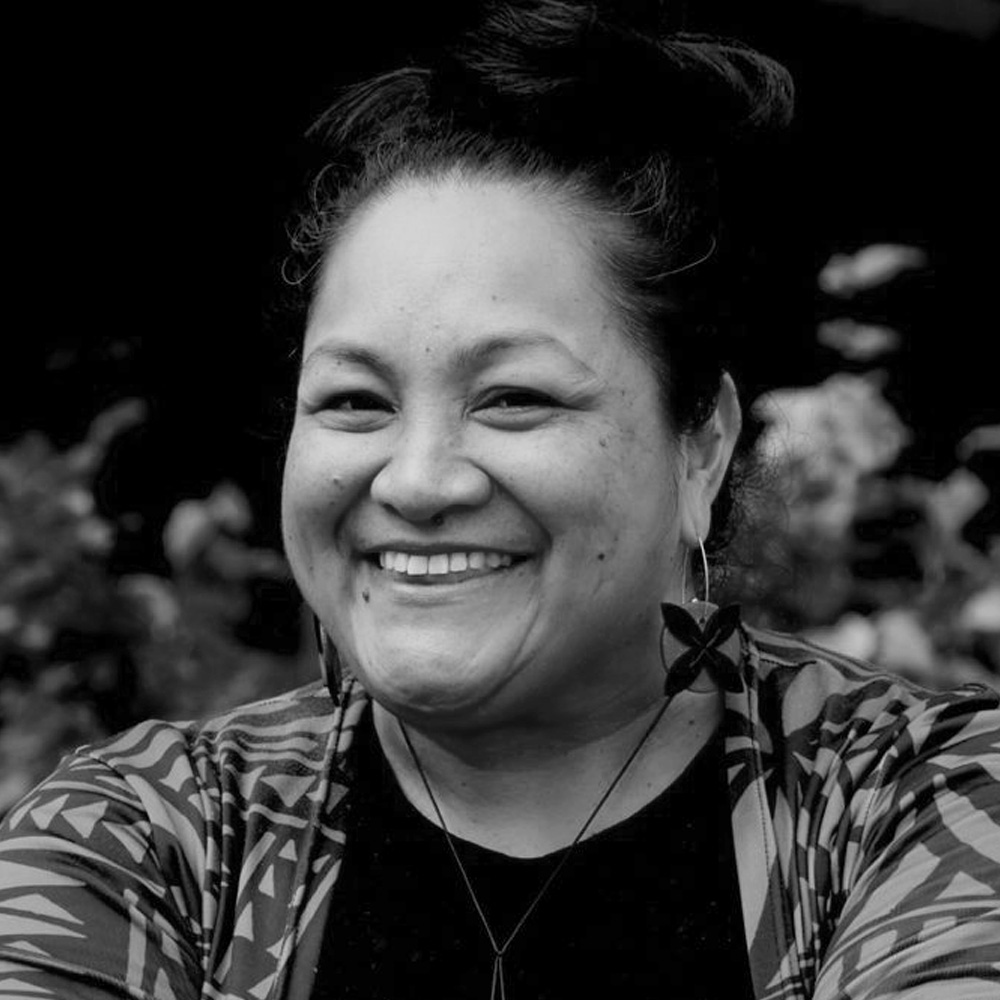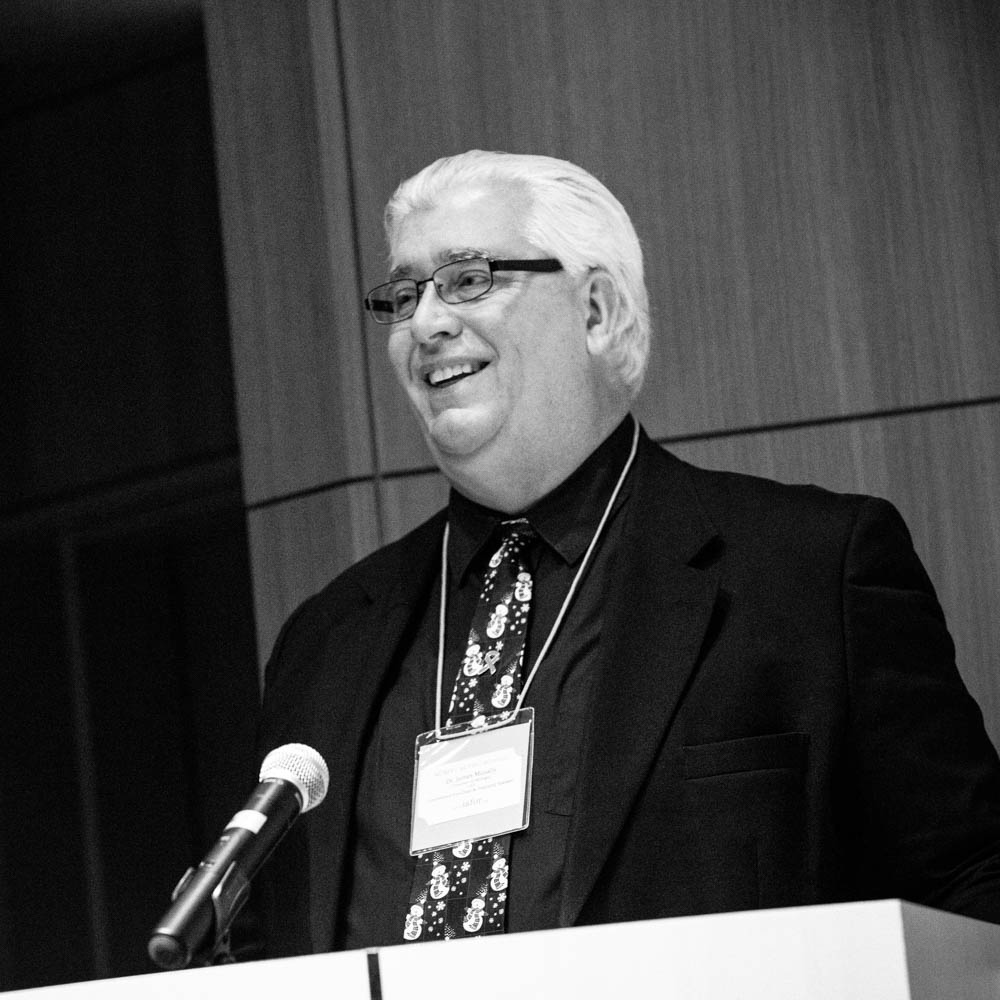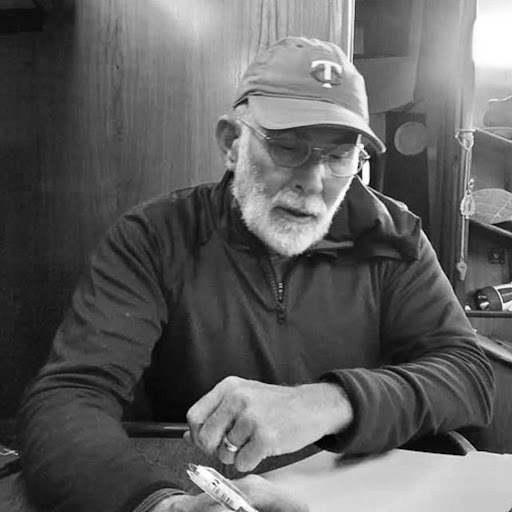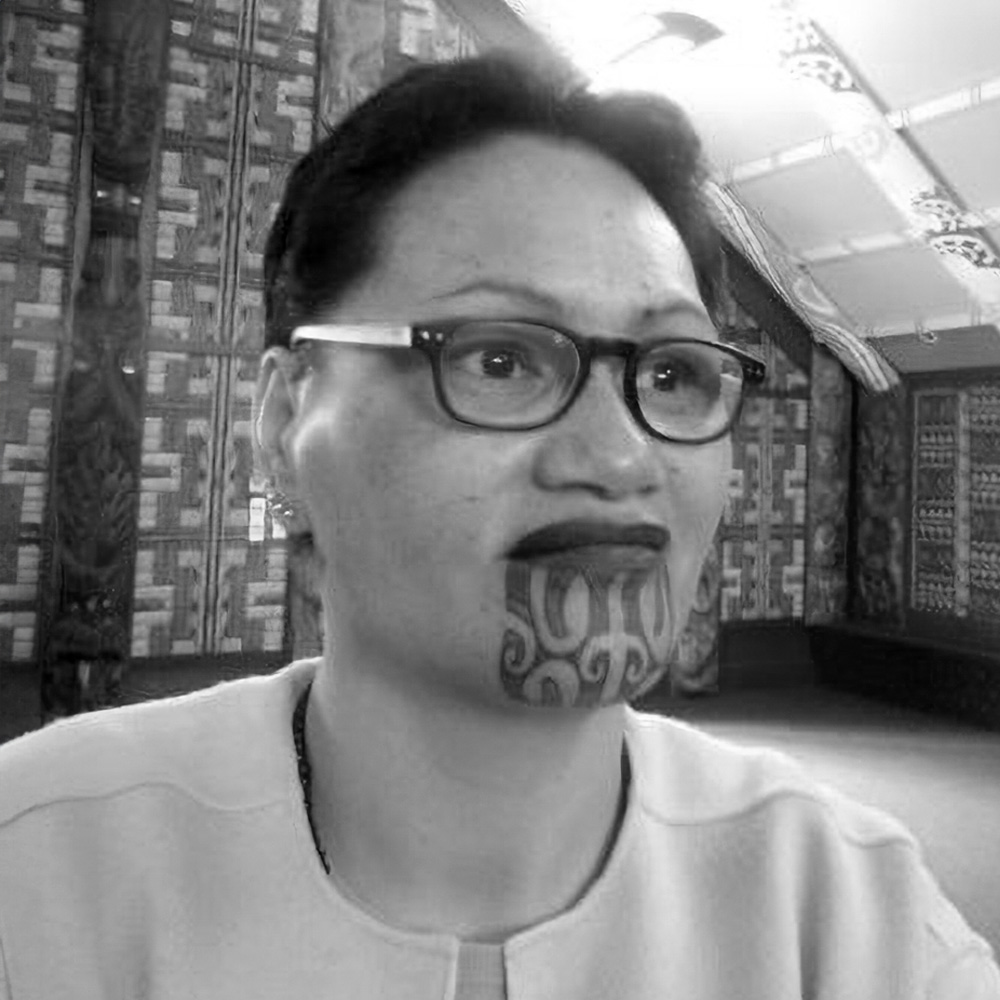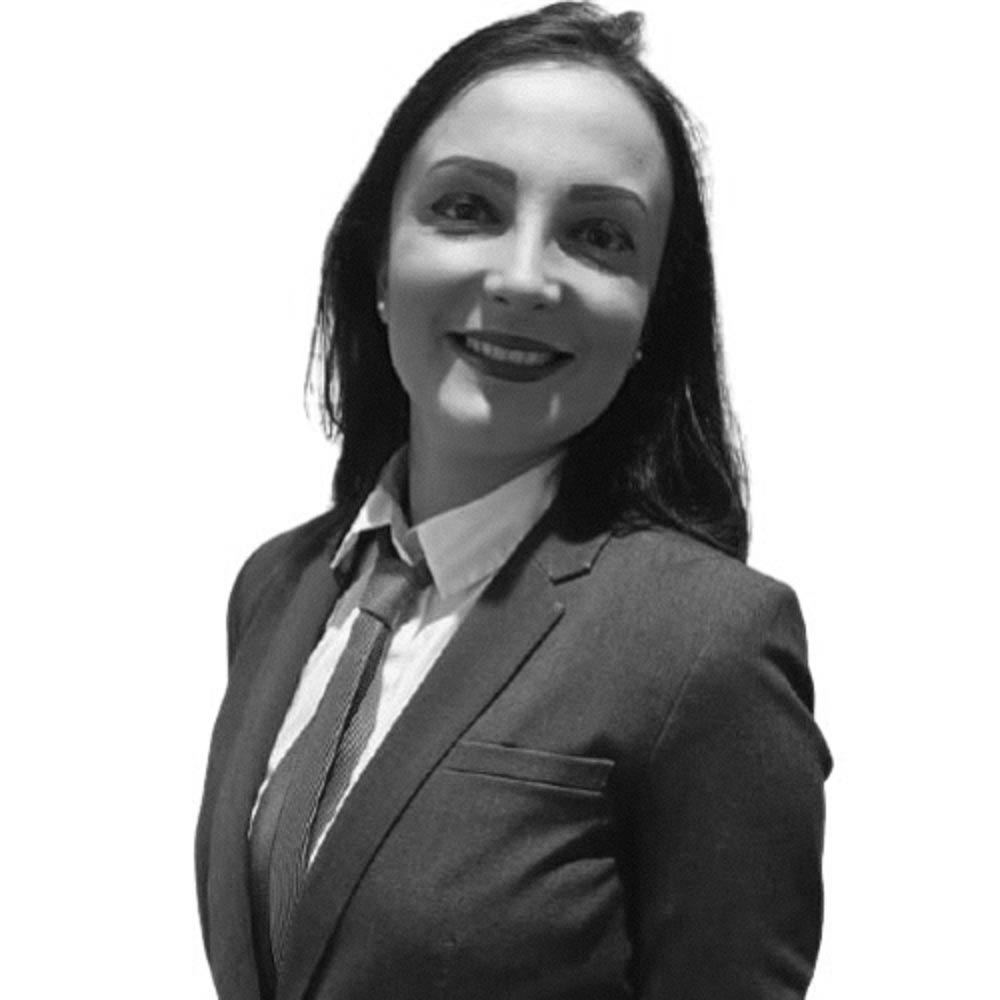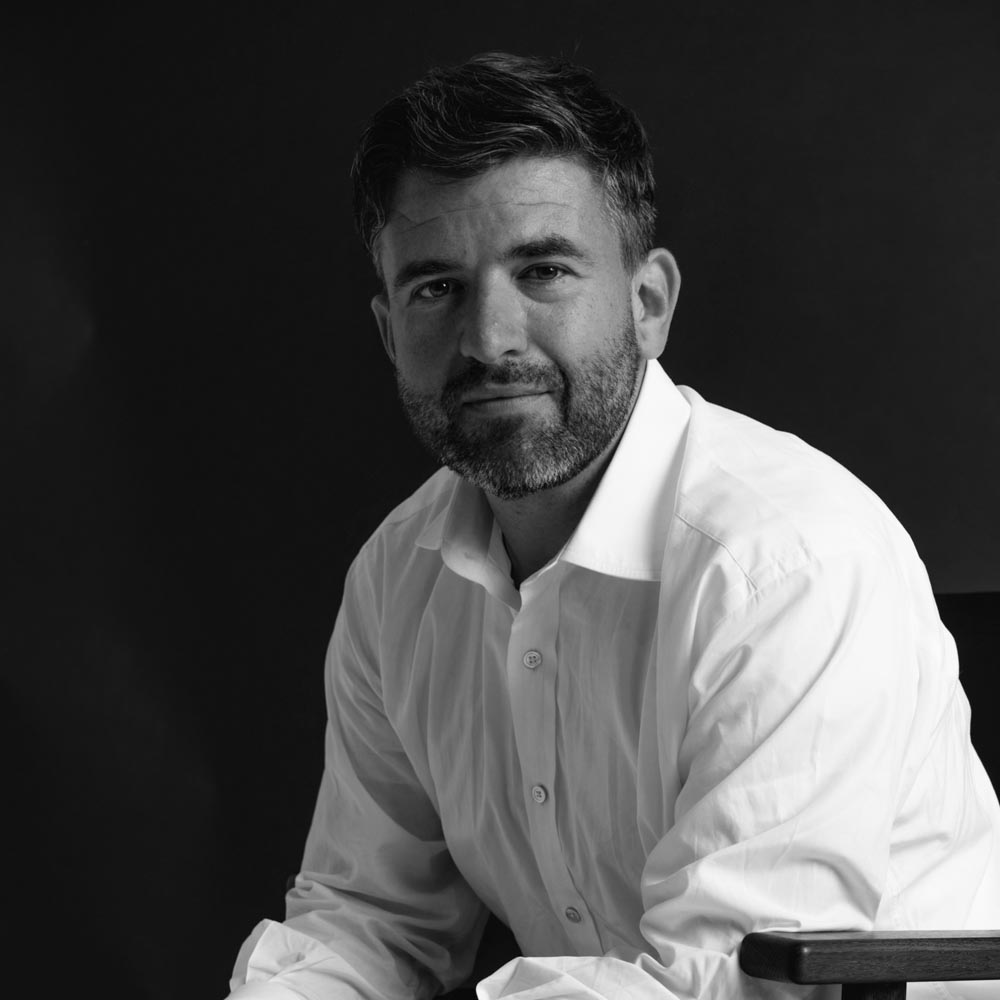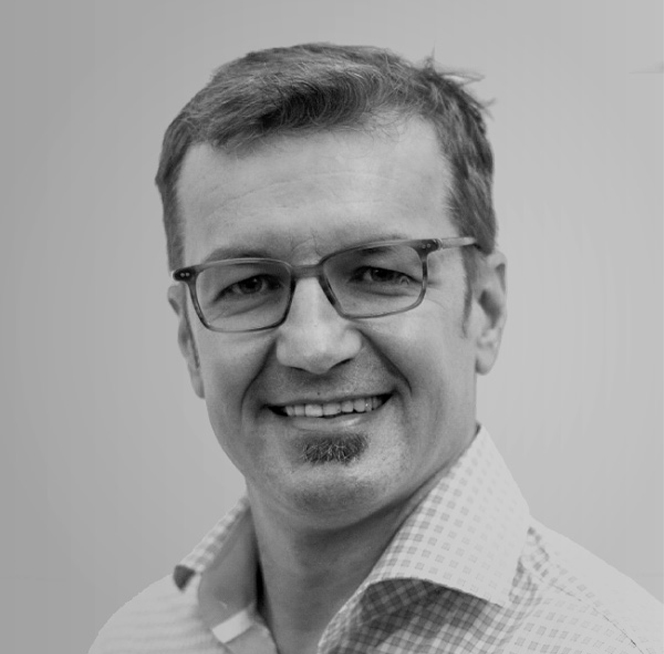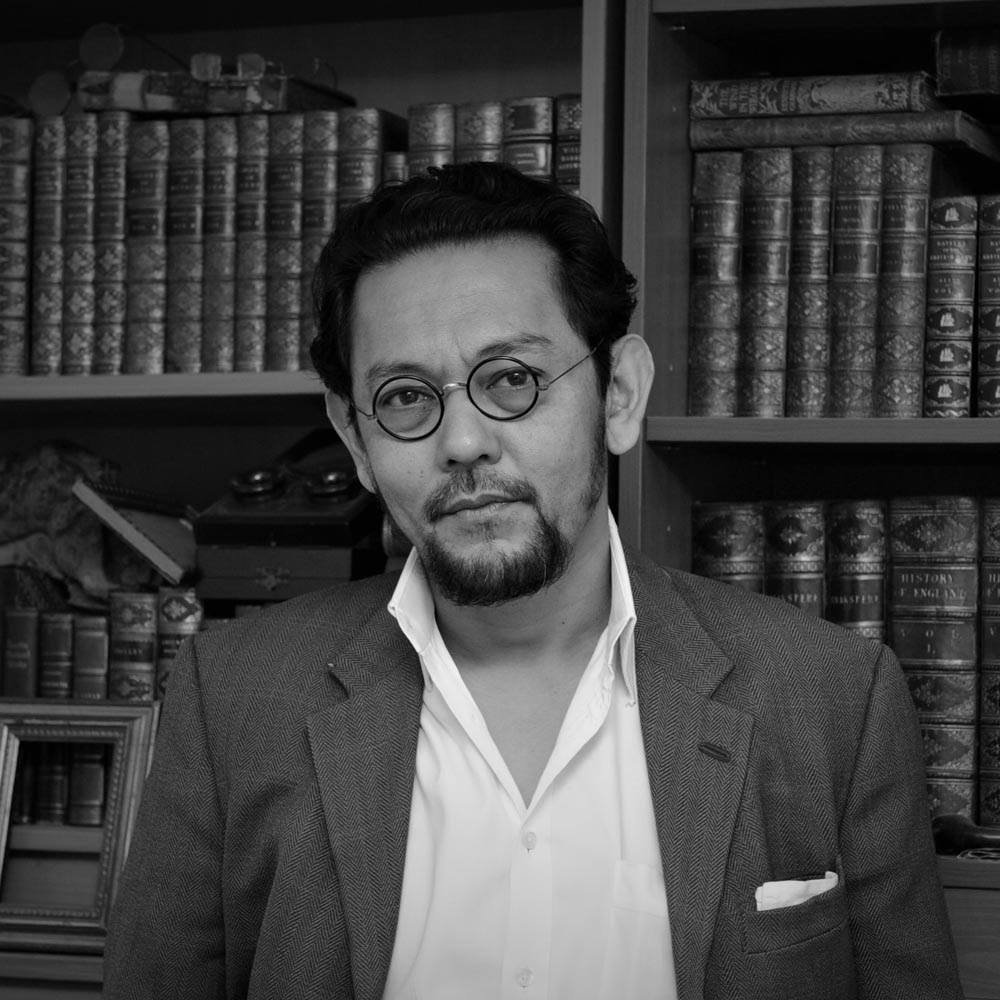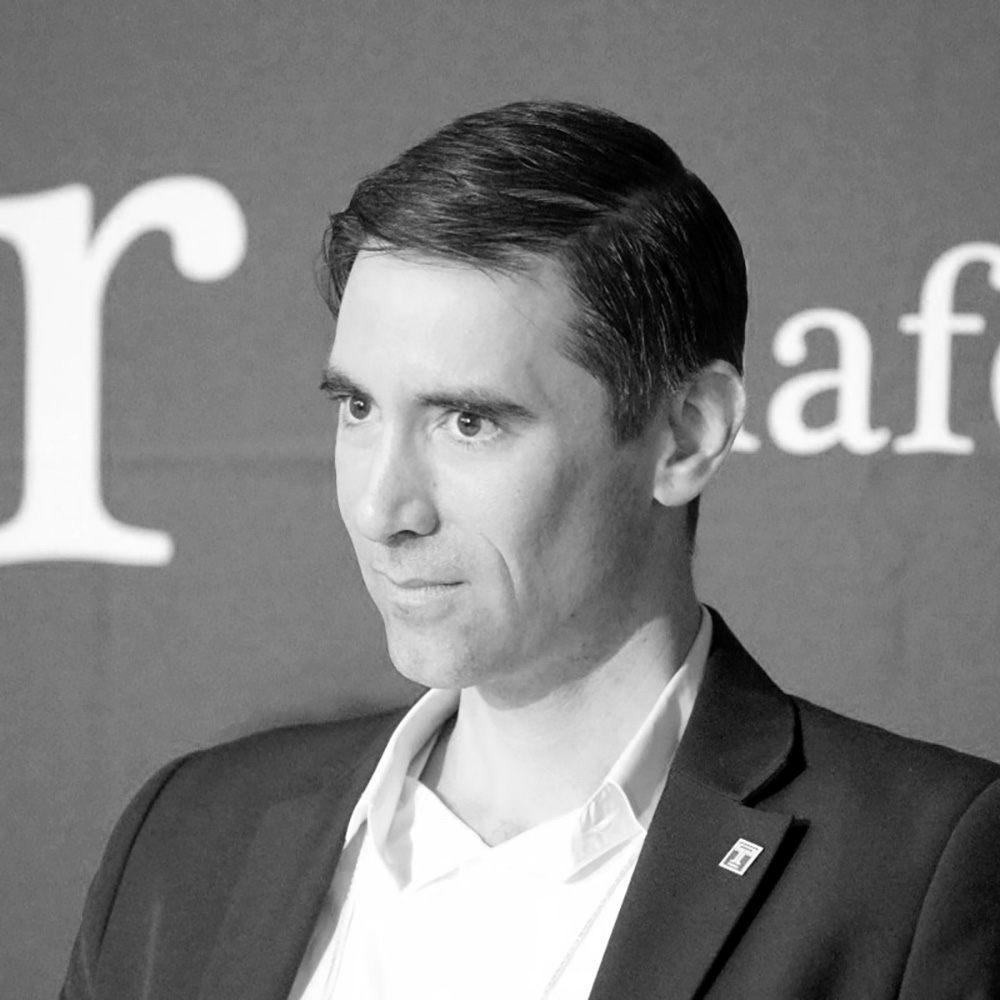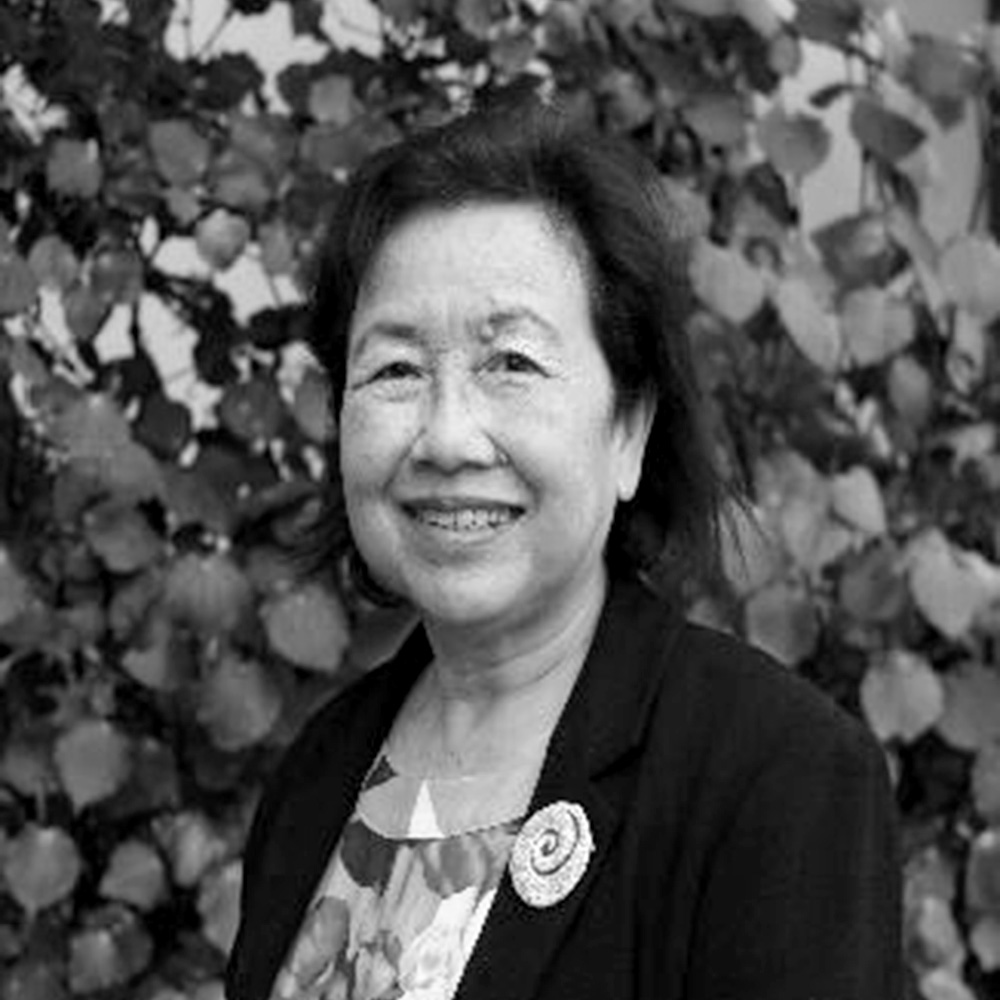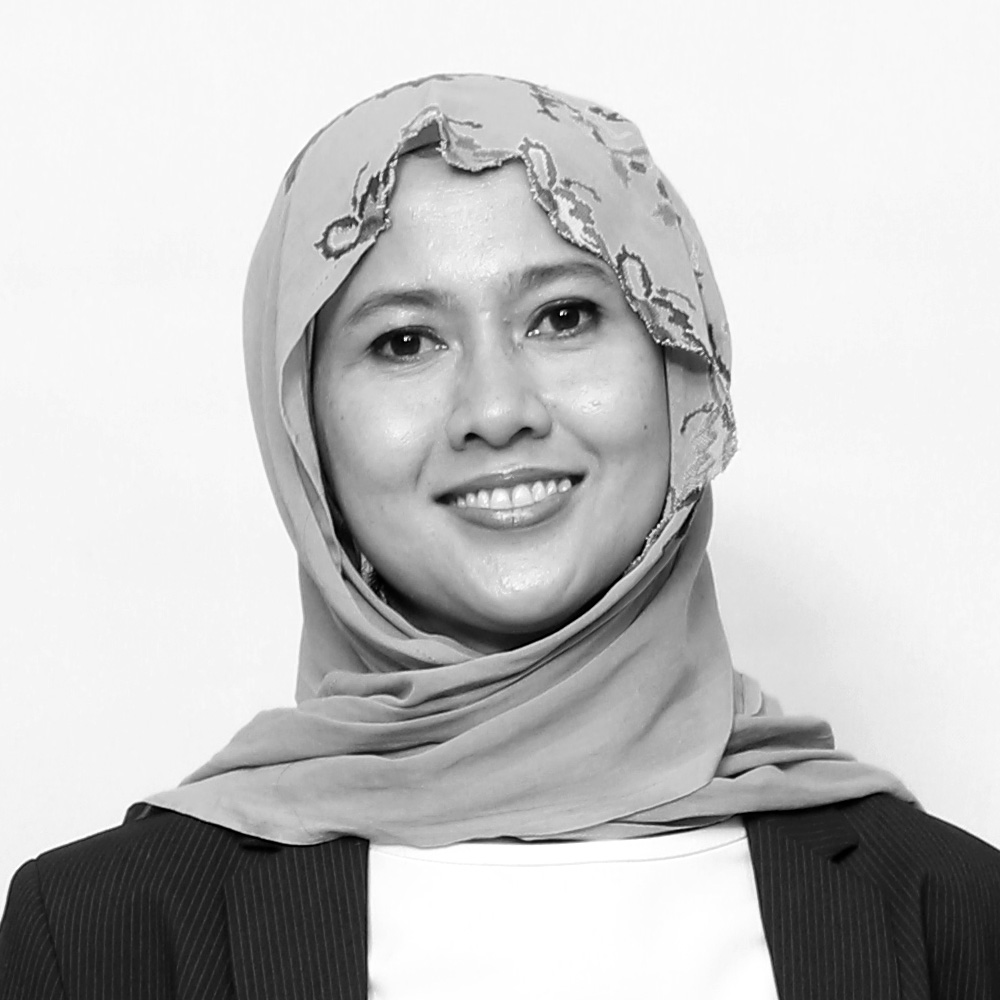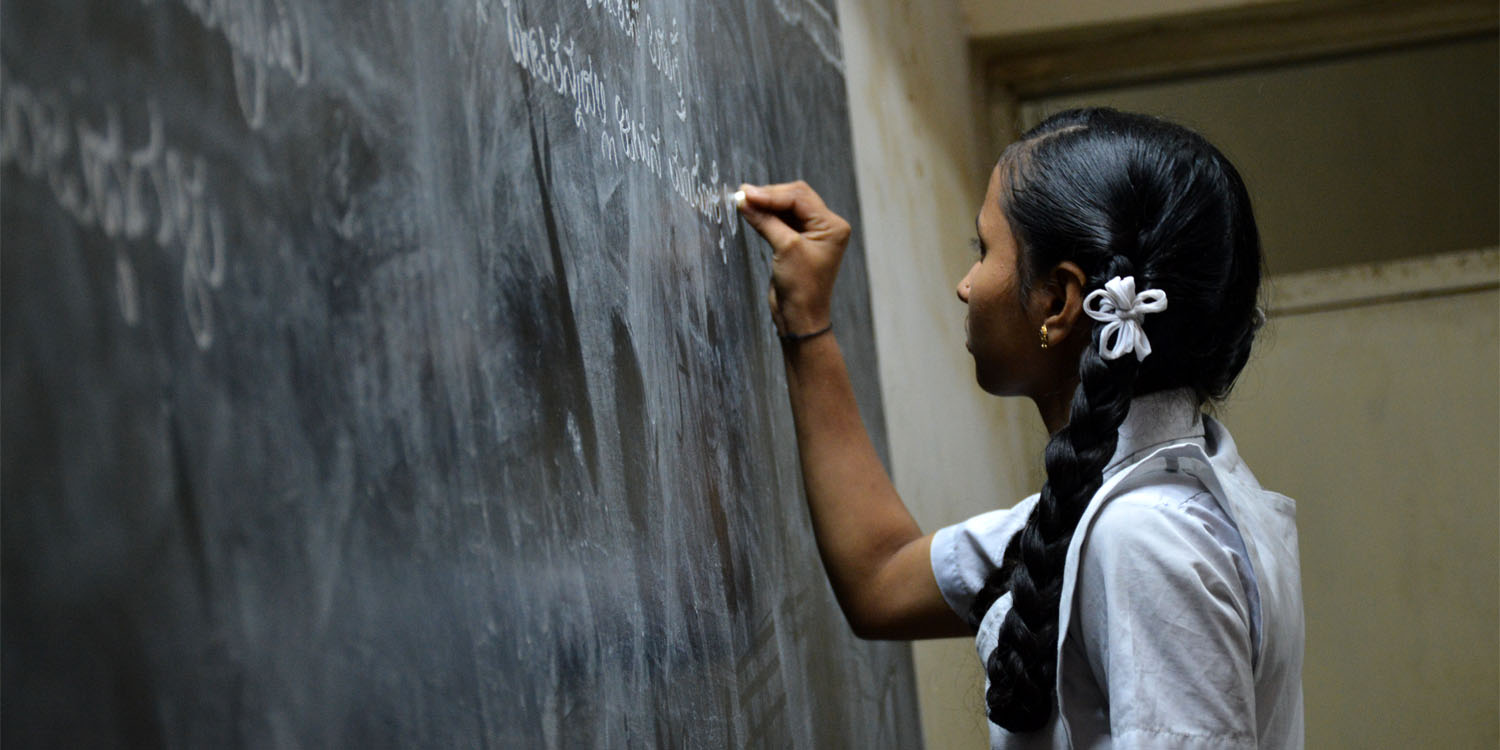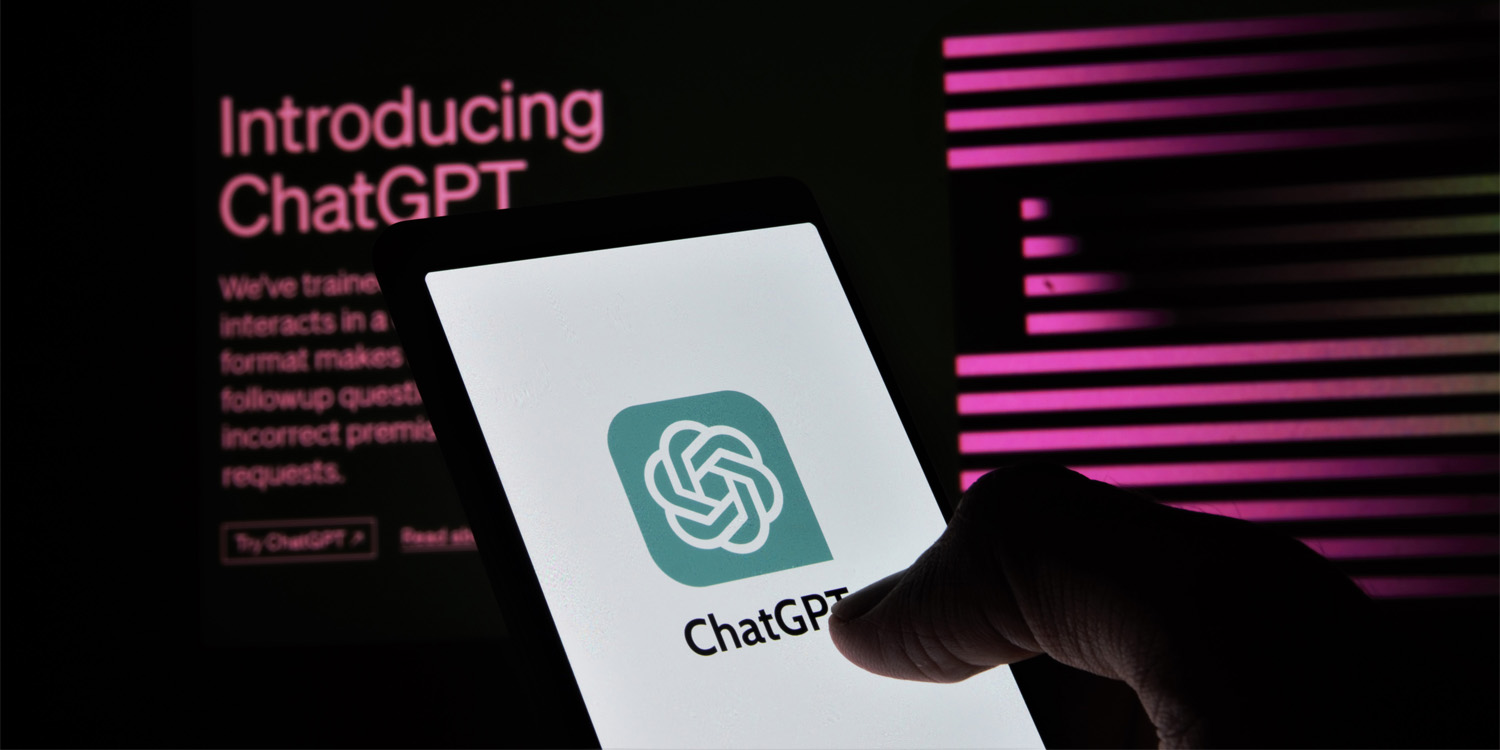November 22-25, 2023 | Held in Tokyo, Japan, and Online
From November 22-25, 2023, scholars and professionals convened at the Toshi Center Hotel in Tokyo for The 15th Asian Conference on Education (ACE2023). We extend our heartfelt thanks to all the distinguished speakers, esteemed delegates, and tireless contributors who made this event a resounding success.
This event with the IAFOR Research Centre at the Osaka School of International Public Policy (OSIPP) at Osaka University exemplifies IAFOR’s internationalising mission, bringing together more than 750 delegates from 65 countries.
Plenary Speakers
Speakers and programme information will be added here in the coming months.
-
 Yvonne UalesiAuckland University of Technology, New Zealand
Yvonne UalesiAuckland University of Technology, New Zealand -
 James W. McNallyUniversity of Michigan & NACDA Program on Aging, United States
James W. McNallyUniversity of Michigan & NACDA Program on Aging, United States -
 Lowell SheppardNever Too Late Academy, Japan
Lowell SheppardNever Too Late Academy, Japan -
 Mary MoekeManukau Institute of Technology, New Zealand
Mary MoekeManukau Institute of Technology, New Zealand -
 Sean McMinnThe Hong Kong University of Science and Technology (HKUST), Hong Kong
Sean McMinnThe Hong Kong University of Science and Technology (HKUST), Hong Kong -
 Murielle El Hajj NahasLusail University, Qatar
Murielle El Hajj NahasLusail University, Qatar -
 Joseph HaldaneThe International Academic Forum (IAFOR), Japan
Joseph HaldaneThe International Academic Forum (IAFOR), Japan -
 Michael KlemmSingapore Education Network, Singapore
Michael KlemmSingapore Education Network, Singapore -
 Farish NoorUniversity of Malaya, Malaysia
Farish NoorUniversity of Malaya, Malaysia -
 Justin SandersMinerva Project
Justin SandersMinerva Project -
 Susie KungManukau Institute of Technology, New Zealand
Susie KungManukau Institute of Technology, New Zealand -
 Tati D. WardiUniversitas Islam Internasional Indonesia (UIII), Indonesia
Tati D. WardiUniversitas Islam Internasional Indonesia (UIII), Indonesia
Programme
-
 Writing a Good Grant Application: Mastering Significance, Innovation and Approach for Your CareerSpecial Seminar Session: James W. McNally, Lowell Sheppard
Writing a Good Grant Application: Mastering Significance, Innovation and Approach for Your CareerSpecial Seminar Session: James W. McNally, Lowell Sheppard -
 The Refugee As Teacher: What Universities Cannot Teach UsKeynote Presentation: Farish Noor
The Refugee As Teacher: What Universities Cannot Teach UsKeynote Presentation: Farish Noor -
 Navigating Lifelong Learning: A Digital Nomad’s OdysseyKeynote Presentation: Lowell Sheppard
Navigating Lifelong Learning: A Digital Nomad’s OdysseyKeynote Presentation: Lowell Sheppard -
 No One Left Behind: Advocating for Equitable Opportunities for Success in Tertiary EducationFeatured Panel Presentation: Susie Kung, Mary Moeke, Yvonne Ualesi
No One Left Behind: Advocating for Equitable Opportunities for Success in Tertiary EducationFeatured Panel Presentation: Susie Kung, Mary Moeke, Yvonne Ualesi -
 Unleashing the Potential: The Impact of AI and ChatGPT in Revolutionising EducationFeatured Panel Presentation: Sean McMinn, Murielle El Hajj Nahas, Justin Sanders, Tati D. Wardi
Unleashing the Potential: The Impact of AI and ChatGPT in Revolutionising EducationFeatured Panel Presentation: Sean McMinn, Murielle El Hajj Nahas, Justin Sanders, Tati D. Wardi -
 Fostering Synergy in Asian Education: Bridging Gaps, Building ConnectionsFeatured Panel Presentation: Rachel Chan, Joseph Haldane, Michael Klemm, Mike Michalec
Fostering Synergy in Asian Education: Bridging Gaps, Building ConnectionsFeatured Panel Presentation: Rachel Chan, Joseph Haldane, Michael Klemm, Mike Michalec
Conference Review Committee
Dr Samra Afzal, National University of Modern Languages, Pakistan
Professor Marco Aponte-moreno, University of Southern California, United States
Dr Ranta Butarbutar, Universitas Musamus Merauke, Indonesia
Dr Shravasti Chakravarty, XLRI Delhi-NCR, India
Dr Sin Yu Cherry Chan, The Chinese University of Hong Kong, Hong Kong
Professor Chingya Chiu, Chang Jung Christian University, Taiwan
Professor Dary Dacanay, St. Patrick School, Philippines
Dr Jane Fenequito, Urdaneta City University, Philippines
Dr Alexander Ibni, Zamboanga Peninsula Polytechnic State University, Philippines
Dr Delia Jadaone, San Mateo Municipal College, Philippines
Dr Lisa Lam, Hong Kong Baptist University, Hong Kong
Dr Lewis Teo Piaw Liew, Politeknik Kuching Sarawak, Malaysia
Dr Imelda Macaraig, St. Mary's College, Philippines
Dr Sonal Mobar Roy, National Institute of Rural Development and Panchayati Raj, India
Dr Edna Nabua, Mindanao State University-Iligan Institute of Technology, Philippines
Dr Non Naprathansuk, Maejo University, Thailand
Dr Annie Wy Ng, The Hong Kong University of Science and Technology, Hong Kong
Dr Elymar Pascual, Department of Education, Philippines
Dr Nitta Roonkaseam, Phranakhon Rajabhat University, Thailand
Dr Nor Fadzleen Binti Sa Don, English Language Teaching Centre, Ministry of Education Malaysia, Malaysia
Dr Nilda San Miguel, Department of Education, Lumban District, Philippines
Dr Diana Po Lan Sham, Hong Kong Chinese Institute of Engineers, Hong Kong
Dr Fathi Shamma, The Arab Academic College for Education Israel Haifa, Israel
Dr Sheila Tabanli, Rutgers University, United States
Dr Kenneth Tan, Octave Institute, Singapore
Dr William Ko-wai Tang, Hong Kong Metropolitan University, Hong Kong
Dr Hoangnam Tran, Tokushima University, Japan
Dr Sarma Vangala, Metastrategy, Inc., Canada
Dr Sittipong Wattananonsakul, Srinakharinwirot University, Thailand
Dr Tina Wong, Hong Kong Polytechnic University, Hong Kong
Dr Adam Zulawnik, University of Melbourne, Australia


